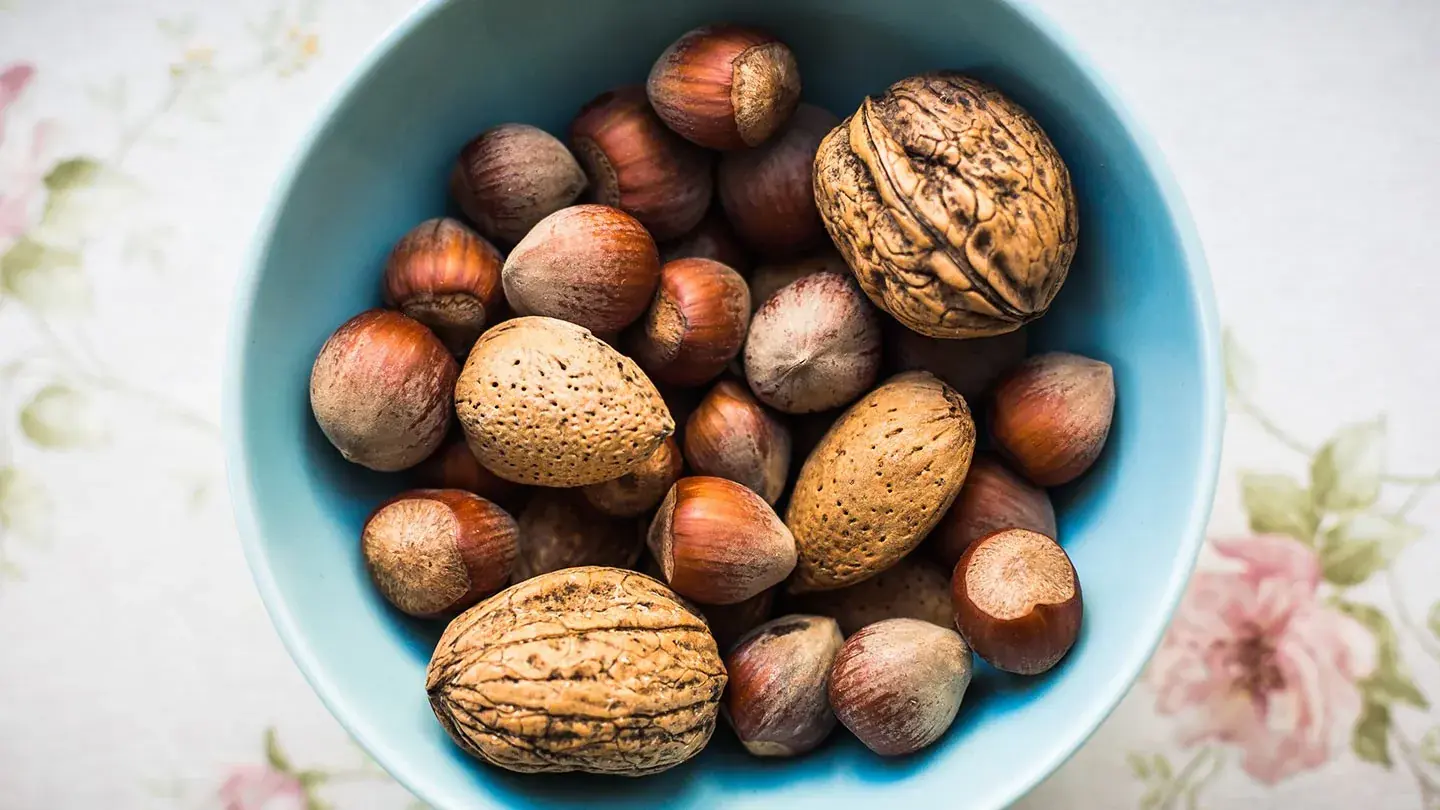
11 Sh0cking Causes of Red Dots on Your Skin and How to Treat Them
Have you ever noticed red dots on your skin and wondered what could be causing them? Red spots can come up for a variety of reasons, ranging from simple and harmless to more serious conditions. Understanding the potential causes can help you determine if or when it’s time to seek medical attention. Here are 11 reasons why you might have red dots on your skin:
1. Contact Dermatitis

Your red spots may be the result of contact dermatitis, which is triggered by an exposure to irritating substances or allergens. Symptoms include an itchy rash with bumps, swelling, and flaky skin. Learning to identify and avoid the triggering substances is key to managing this condition.1
2. Cherry Angiomas
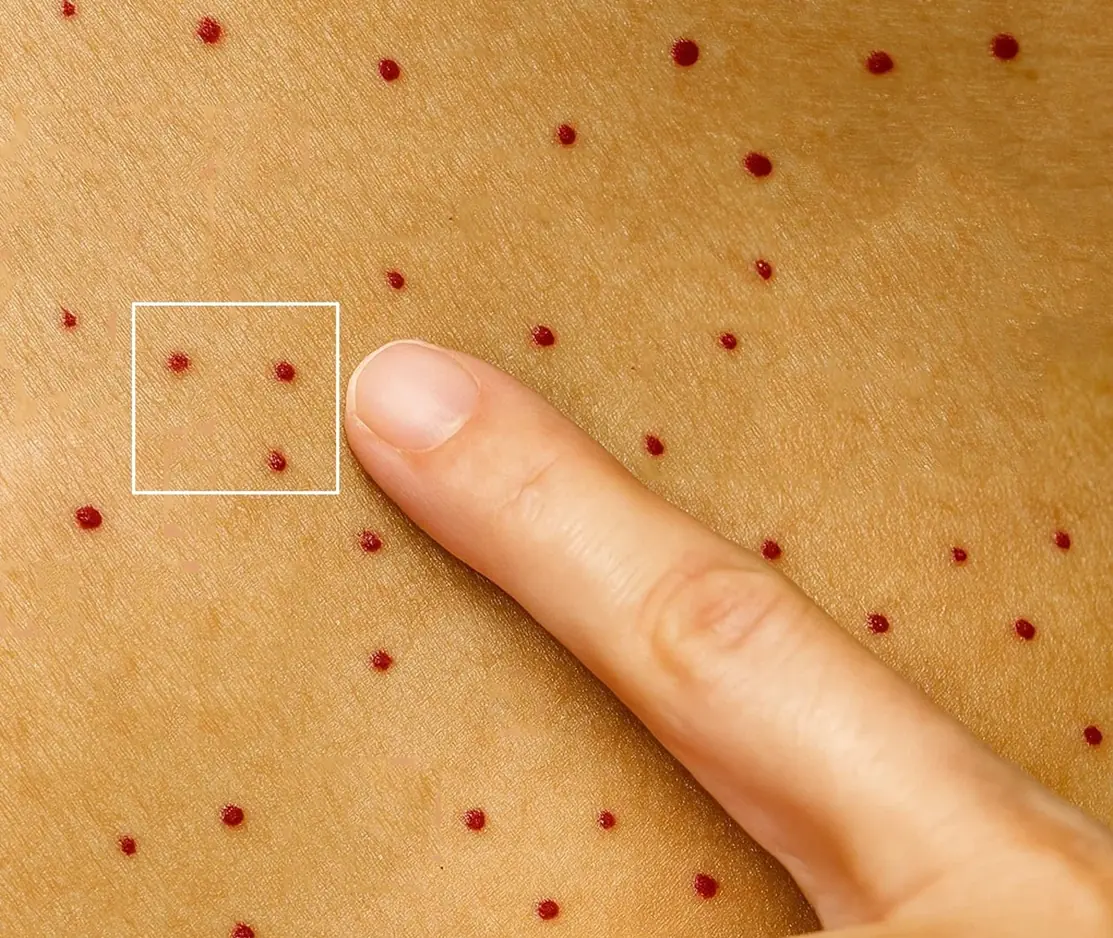
Cherry angiomas are characterized by round, red or purple spots on your skin, which are caused by enlarged blood vessels. Common in adults aged 30 and older, these growths are typically benign but can be removed if they bleed or cause any concerns.
3. Swimmer’s Itch (Cercarial Dermatitis)

Swimmer’s itch is caused by parasitic infection after being exposed to contaminated water, which then leads to itchy, red rashes (hence the name). Topical steroids and antihistamines can help with the symptoms, and antibiotics are available for persistent cases.
4. Heat Rash (Miliaria)

A common cause of red dots on your skin is heat rash, medically known as miliaria (not malaria). Heat rash is when sweat glands get blocked, resulting in small, red, prickly bumps on the skin. They’re often itchy or uncomfortable and typically appear in areas where sweat accumulates, such as the armpits, chest, or groin.2
5. Drug Rash

Drug rashes are an allergic reactions to medications and vary in severity from mild to potentially life-threatening. It’s very important to be able to identify and discontinuing using the offending medication, and medical intervention is needed in severe cases.
6. Atopic Dermatitis (Eczema)

Atopic dermatitis, commonly known as eczema, presents as red, itchy rashes, and often seen in children under five years old. Topical steroids, antihistamines, and moisturizers are standard treatments, all of which focus on minimizing flare-ups.
7. Pityriasis Rosea

Pityriasis rosea, a harmless rash common in adolescents and young adults, starts with a larger red dots on your skin followed by smaller, scaly patches. While often resolving on its own, treatment may include antihistamines or antiviral drugs to alleviate symptoms and expedite the process.
8. Blood Spots (Purpura)

Blood spots, AKA purpura, occur when small blood vessels burst under your skin, resulting in red or purple patches. While they aren’t always an indicator of a more serious condition, if it’s widespread there may be underlying issues that require a medical evaluation.
9. Ringworm (Tinea Corporis)

Ringworm, a fungal infection, manifests as red, circular rashes with raised edges (like a ring!). Highly contagious and super popular with the cool kids these days, it can spread via skin-to-skin contact or by touching contaminated objects. Antifungal treatments are usually effective in clearing it up.
10. Psoriasis

Psoriasis is an autoimmune disorder that leads to, you guessed it, red dots on your skin as well as plaques, often found on the elbows and knees. Psoriasis can be triggered by stress, infections, or environmental factors. So chill out and find somewhere calm to spend your time.
11. Lichen Planus

Lichen planus causes flat, itchy, purple spots on various parts of the body. This one is a little more interesting because the cause isn’t well understood, but there are treatment options available for it.
Bottom Line

While some red dots on your skin may resolve on their own or with simple remedies, others can and should require medical attention. Make sure you monitor the appearance of the spots and seek medical advice if you notice any concerning symptoms like a fever, swelling, or any difficulty breathing. Remember, your skin is a reflection of your overall health, and understanding its changes can help you stay informed and proactive in your overall well-being.
News in the same category

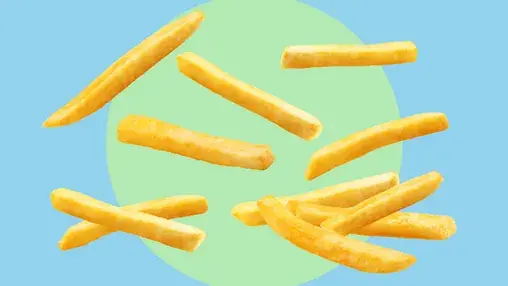
Study Links Fries, but Not Other Forms of Potato, With Diabetes
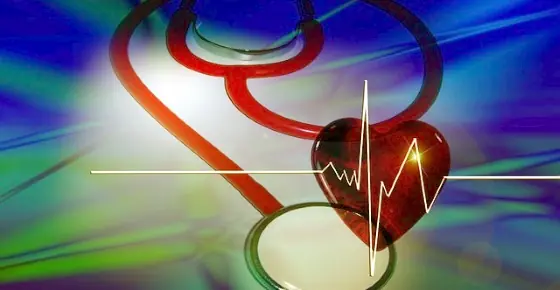
How to Lower High Blood Pressure Quickly Without Medications (Evidence Based)
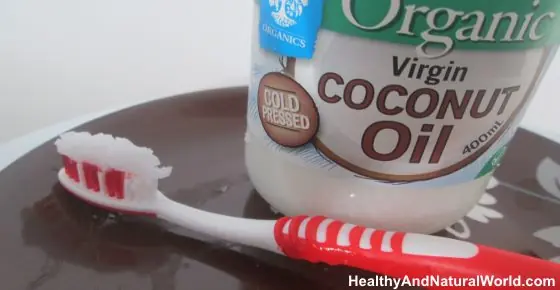
Why You Should Start Using Coconut Oil as a Toothpaste
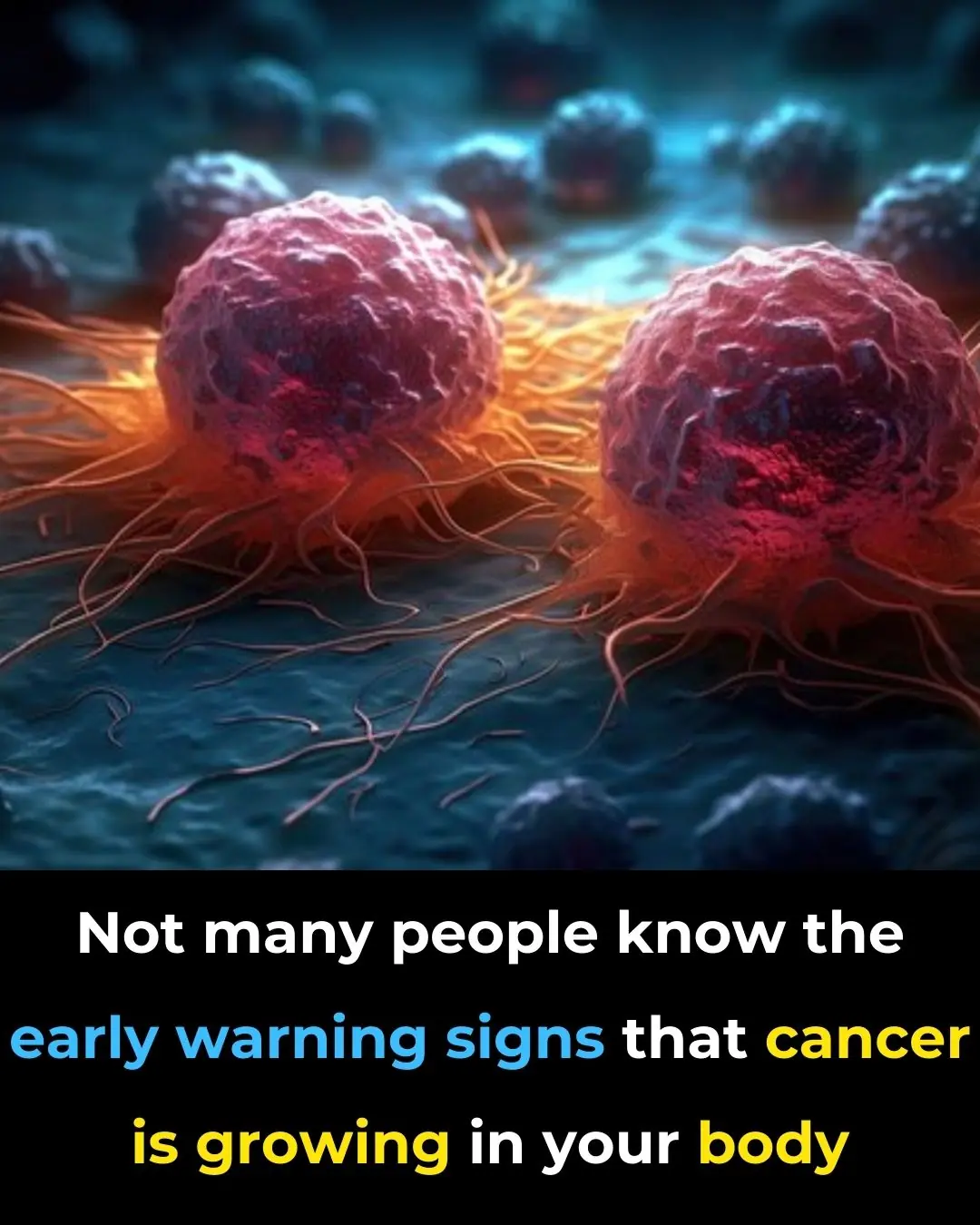
20 Early Cancer Signs You Should Never Ignore
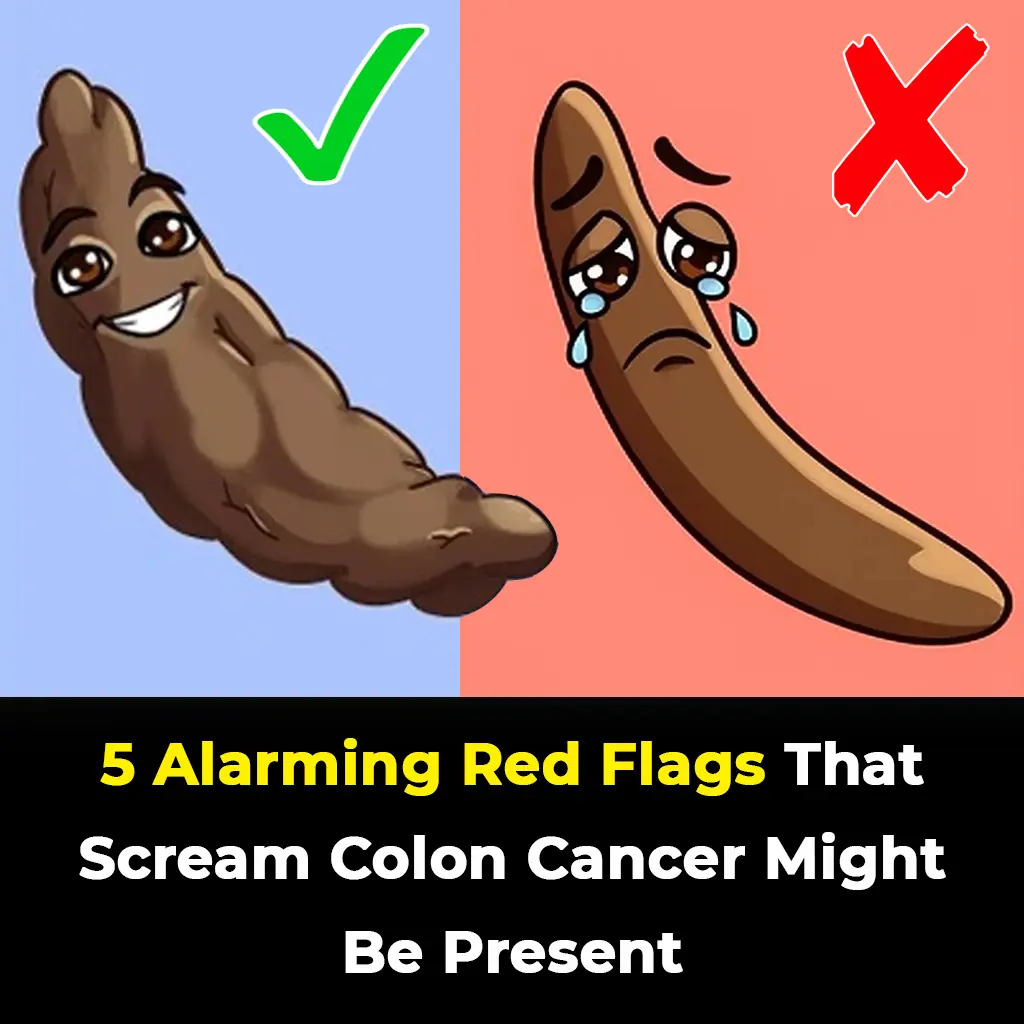
5 Warning Signs That Could Indicate Colon Cancer
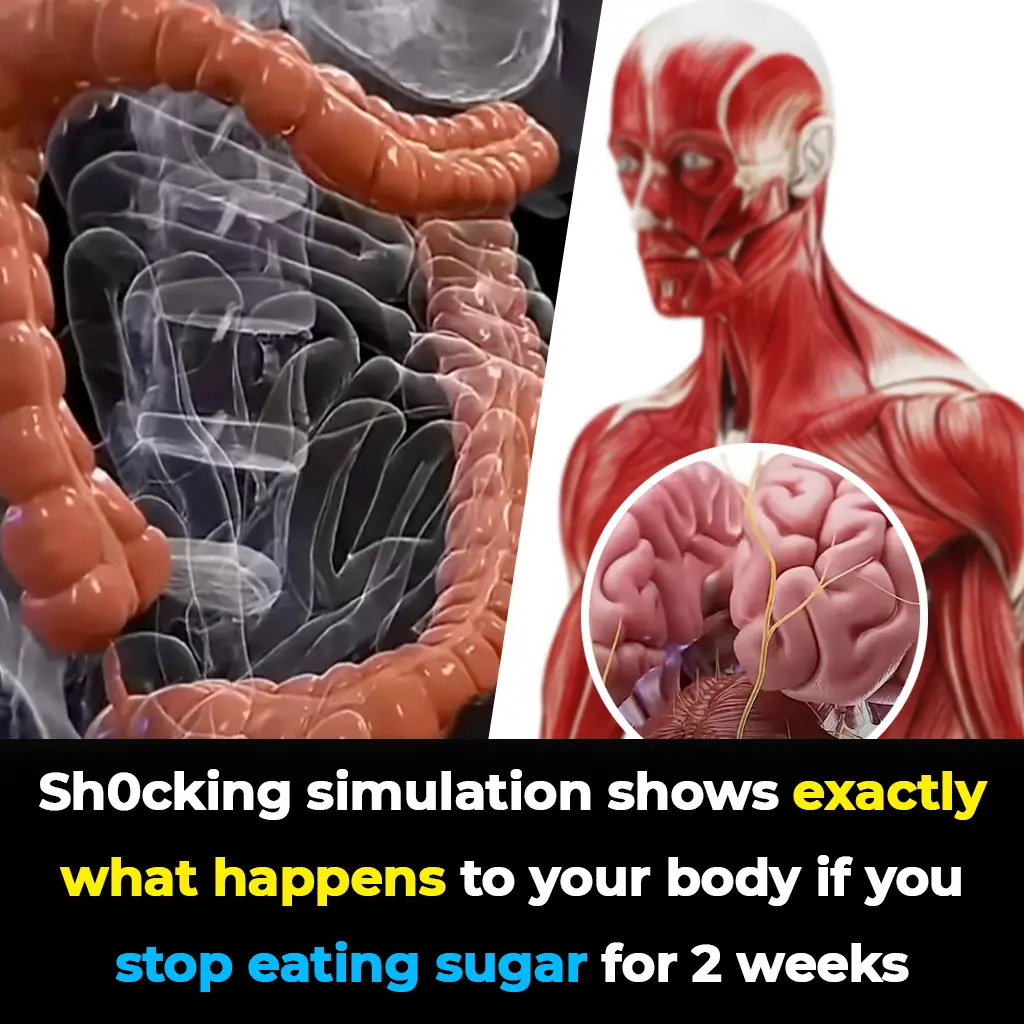
Shocking simulation shows exactly what happens to your body if you stop eating sugar for 2 weeks
Giving up sugar for two weeks may sound like a simple diet tweak, but a new simulation shows the change can trigger a chain reaction inside your body — from energy surges to mental clarity. The journey isn’t without its challenges, but the long-term r
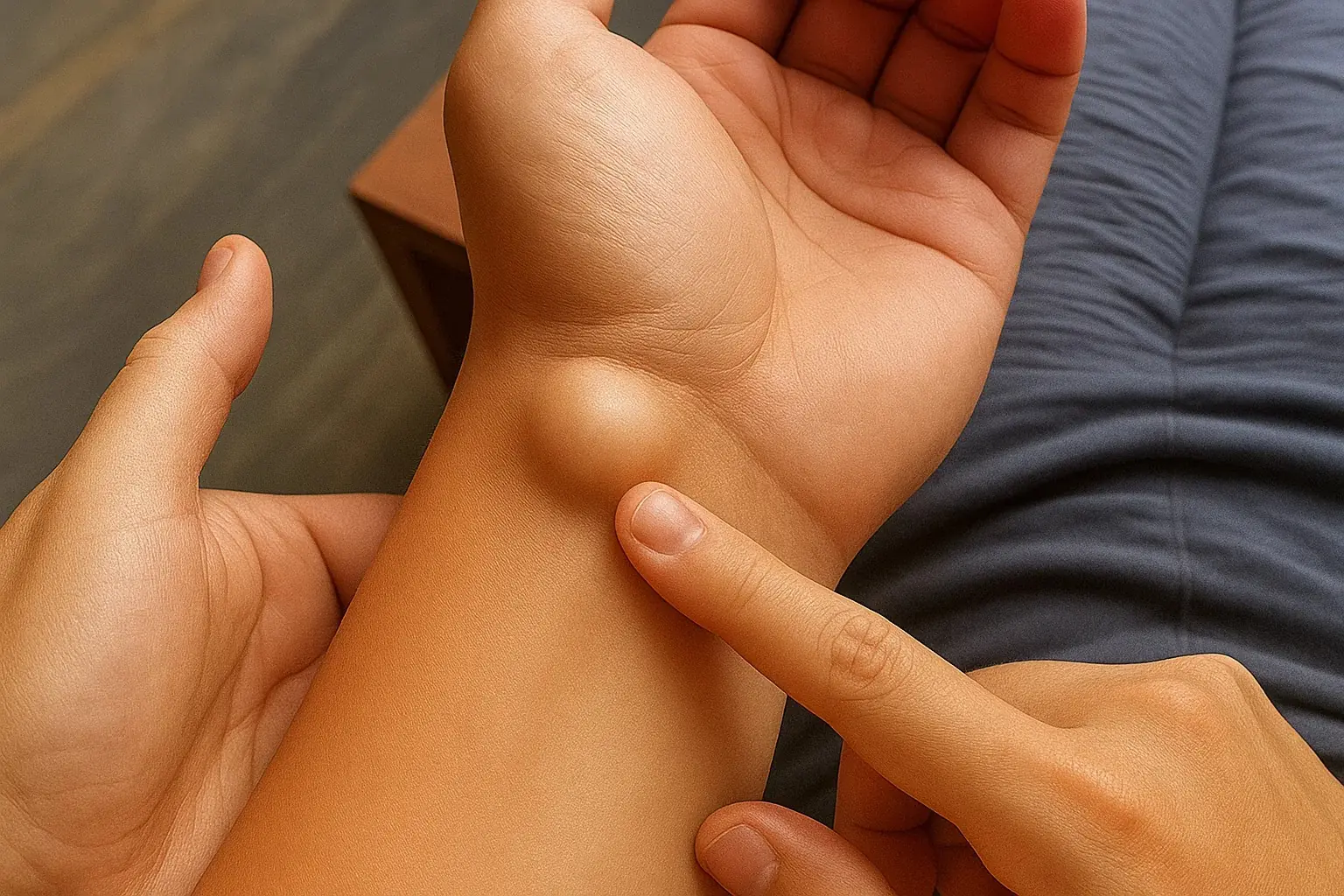
Healing Power of Castor Leaves: Natural Benefits and Must-Know Safety Tips
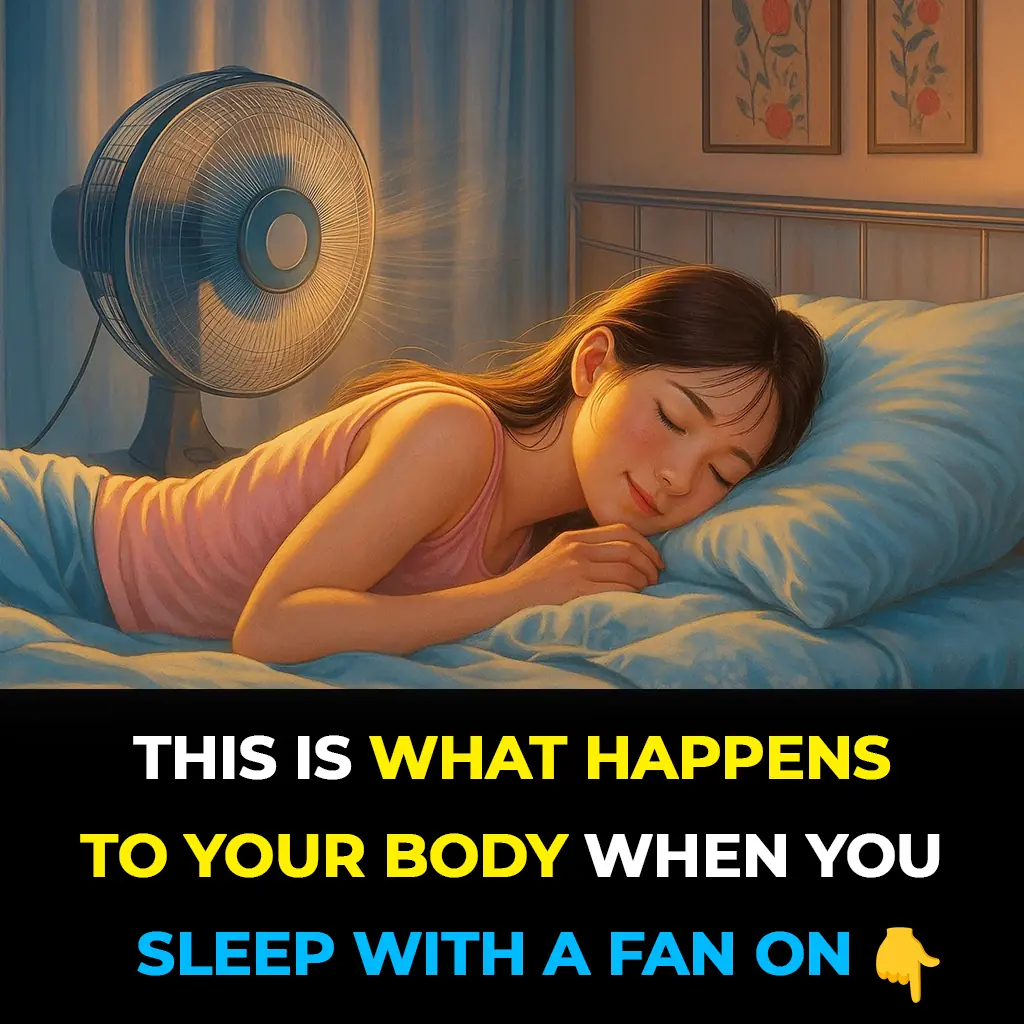
Here’s Why You Shouldn’t Sleep With A Fan At Night
Sleeping with a fan might seem harmless — even comforting — but its hidden effects can chip away at your comfort and long-term sleep quality.

36-Year-Old Teacher D!es From Diabetes Caused by Common Foods, Experts Say
Diabetes is a serious health condition with long-term consequences if left unmanaged.
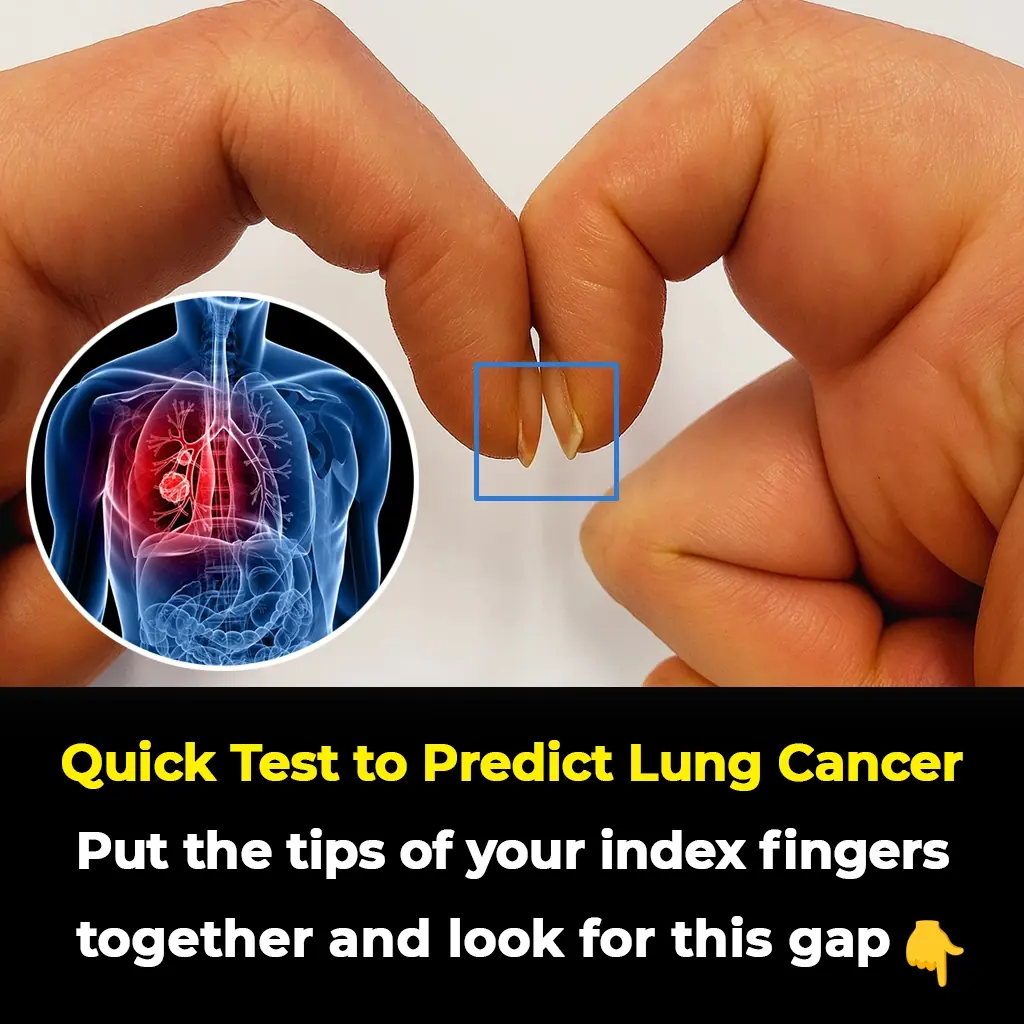
Finger Test For Lung Cancer Could Determine Cancer Risk
While finger clubbing itself is a symptom rather than a disease, adopting healthy lifestyle habits can help reduce the risk of underlying conditions that cause it.
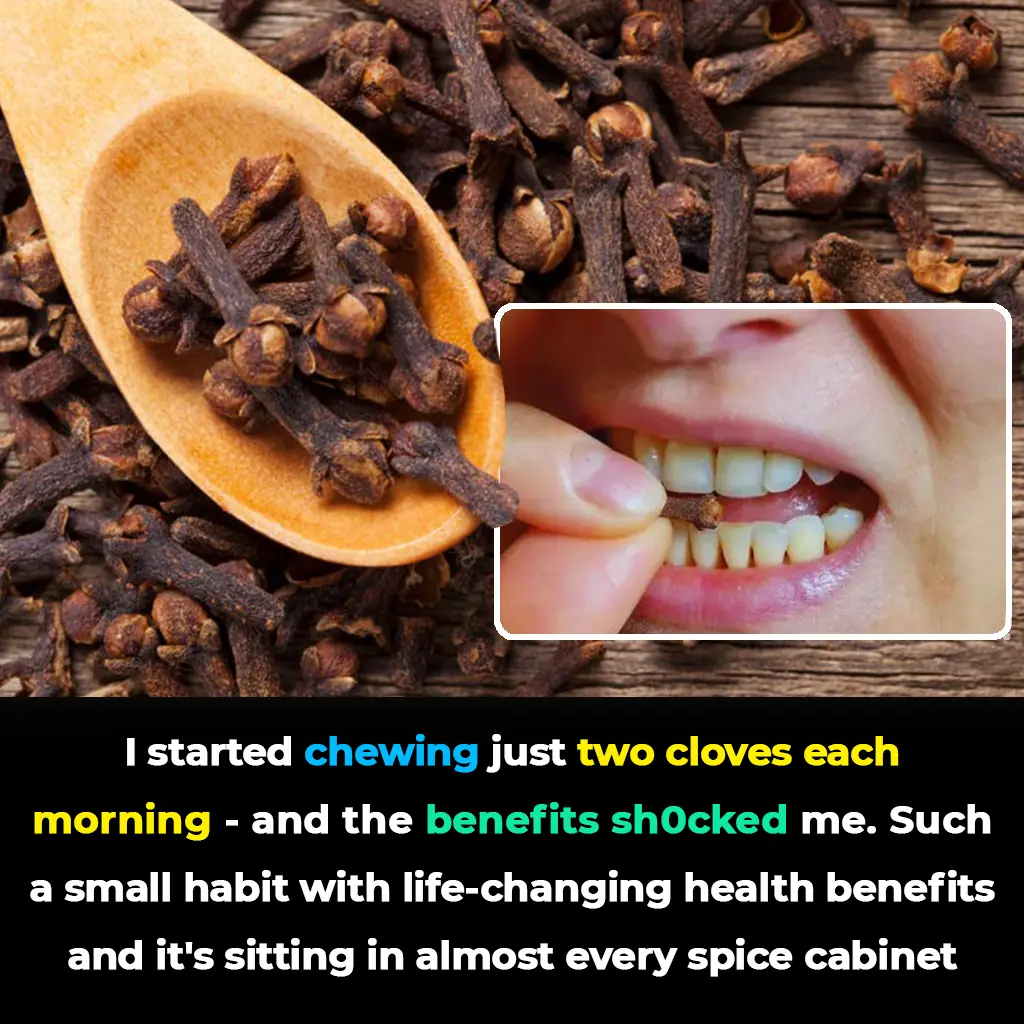
The Ultimate Guide to Cloves: Benefits, Uses, and How They Work
Cloves aren’t just a fragrant kitchen spice — they’re a centuries-old natural remedy packed with healing power. From boosting immunity to easing pain, these tiny buds hold surprising benefits you can easily tap into at home.

What Are Eye Floaters? Here What To Do If you Start Seeing Them, According to an Eye Doctor
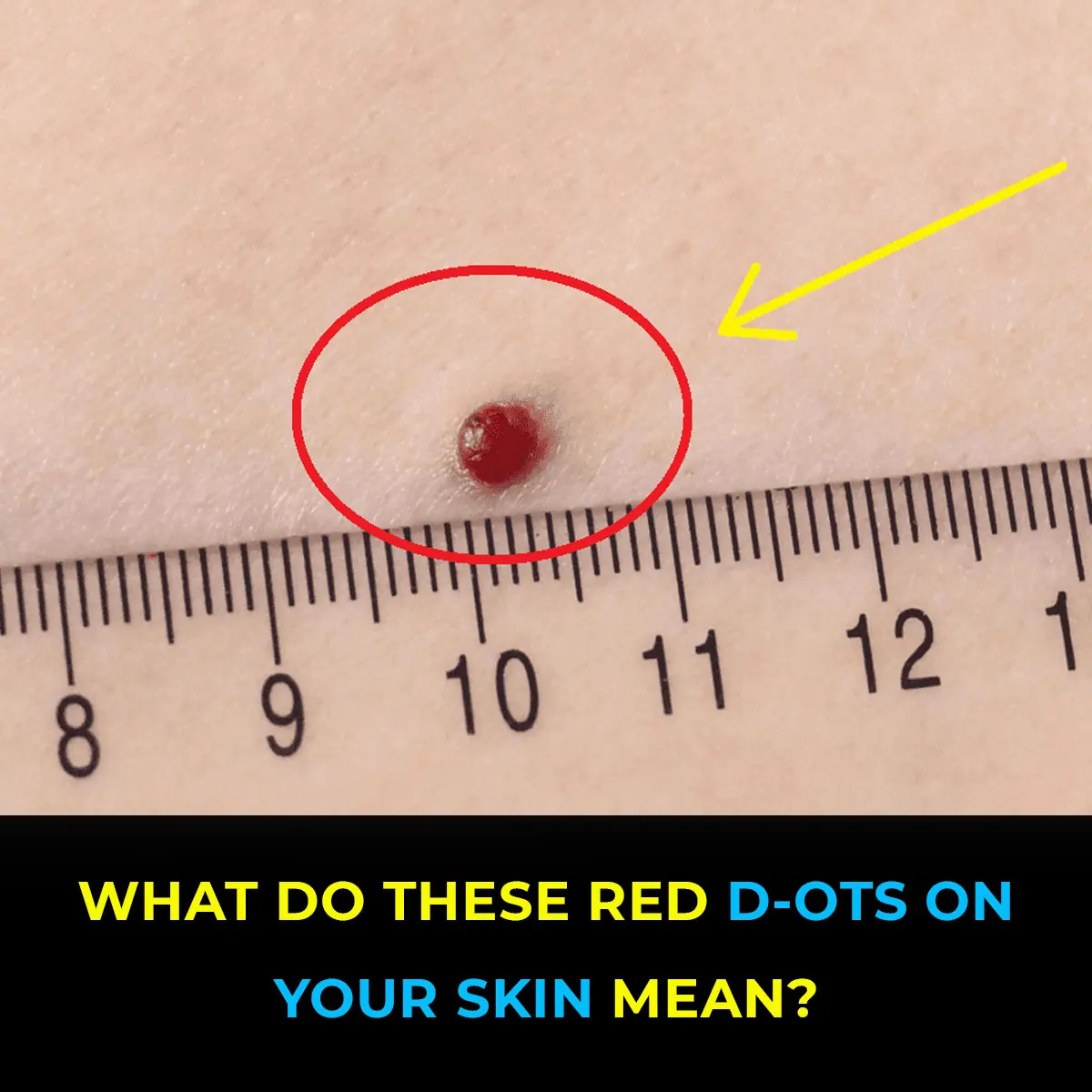
11 Reasons Why You Have Red Dots On Your Skin
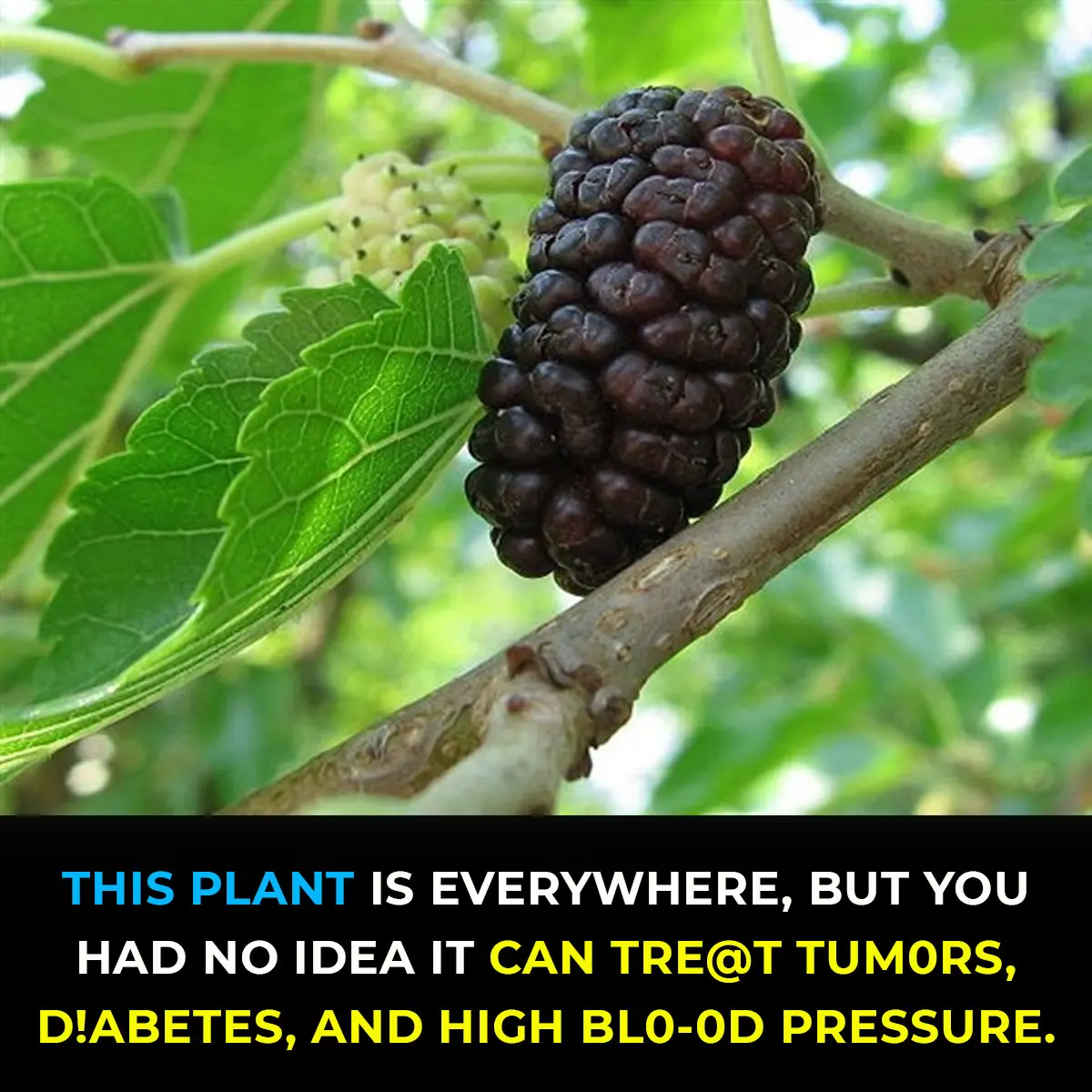
Common Backyard Plant May Help Fight Tumors, Diabetes, And High Blood Pressure

Over 200 People Are Killed By The “World’s Deadliest Food” Every Year, But Almost 500 Million People Still Eat It
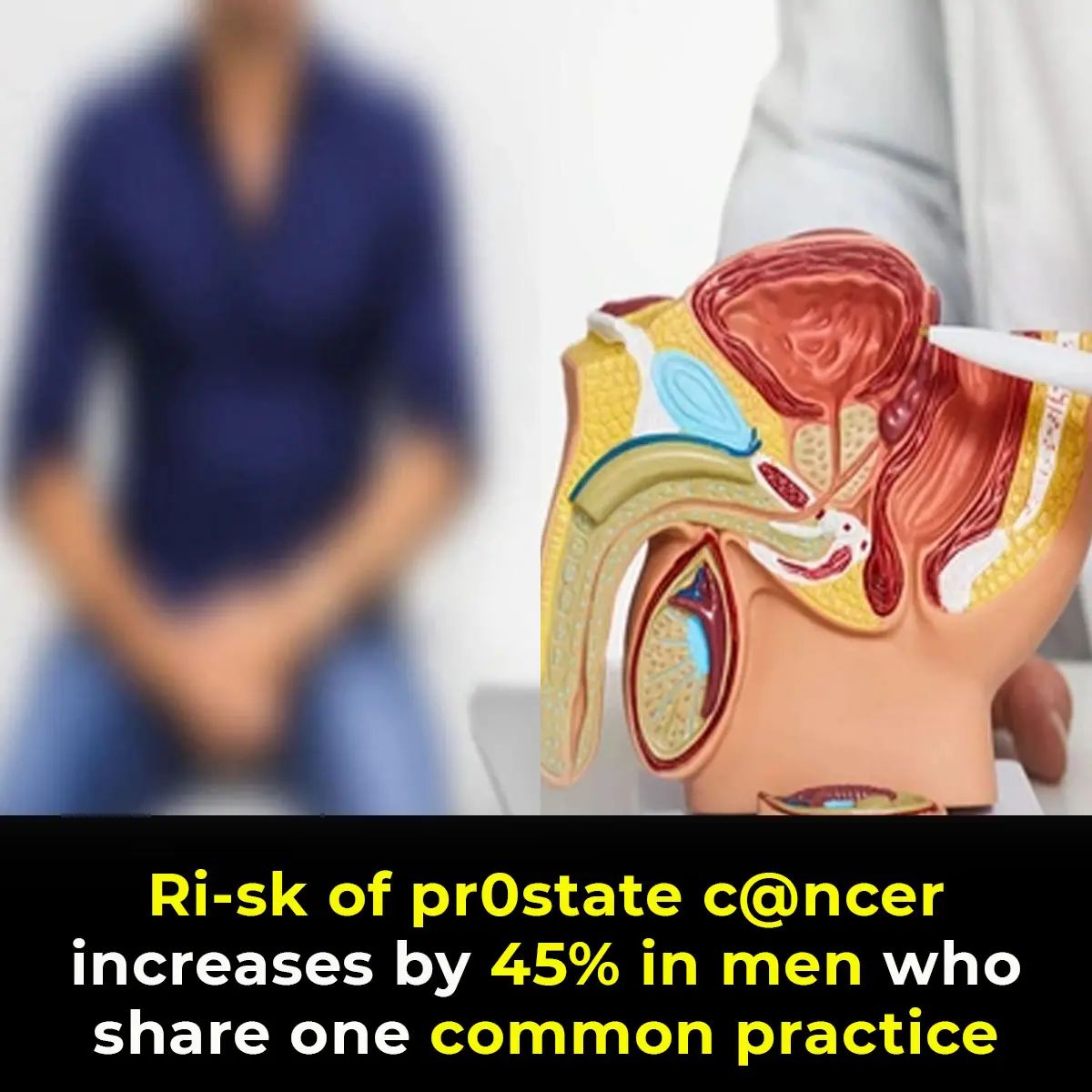
Men Who Neglect This Crucial Practice Face 45% Higher Risk of Prostate Cancer
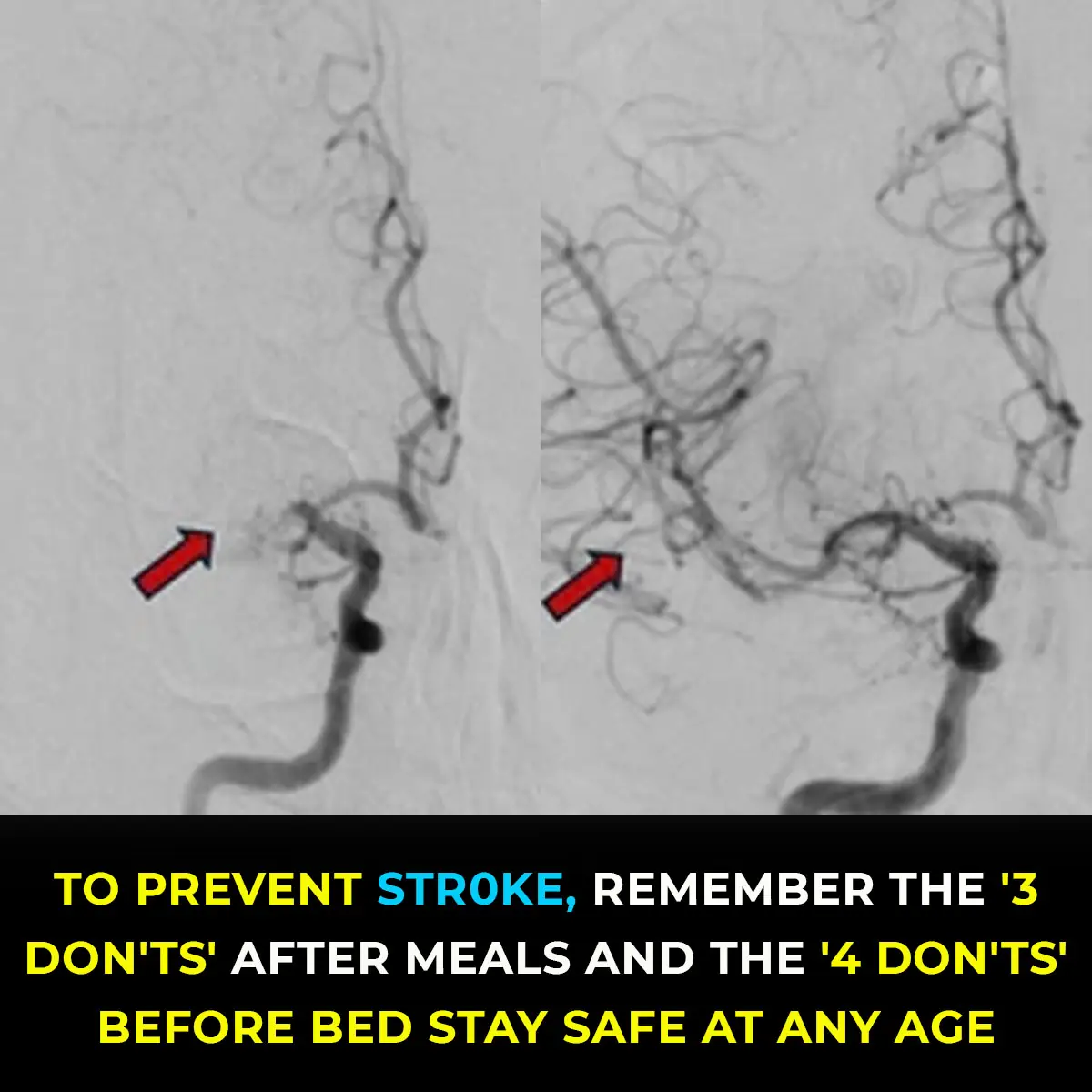
Preventing Stroke At Any Age: 3 “Don’ts” After Meals—And 4 “Don’ts” Before Bed
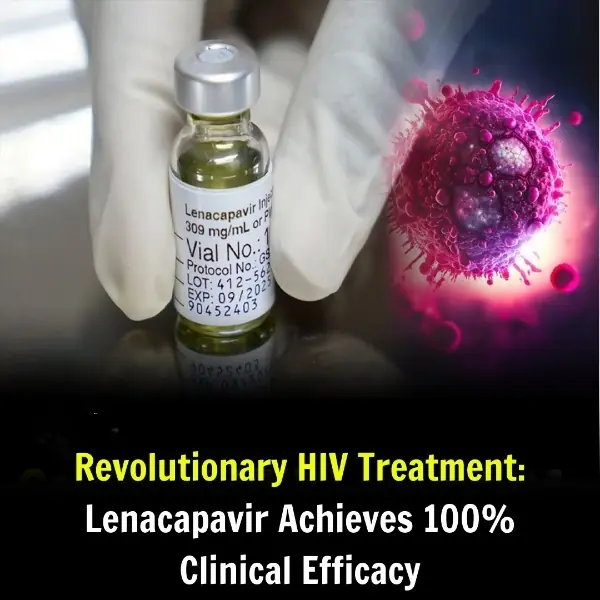
Revolutionary HIV Treatment: Lenacapavir Achieves 100% Clinical Efficacy
News Post

8 Potential Health Benefits of Nuts

Study Links Fries, but Not Other Forms of Potato, With Diabetes

How to Lower High Blood Pressure Quickly Without Medications (Evidence Based)

Why You Should Start Using Coconut Oil as a Toothpaste

20 Early Cancer Signs You Should Never Ignore

7 Signs That Your Partner Isn’t In Love And Is Just Settling For You

5 Warning Signs That Could Indicate Colon Cancer

Nurse reveals the 4 final phrases she hears people say before they die
A veteran hospice nurse has shared the deeply moving — and sometimes surprising — last phrases she’s heard from patients in their final moments. Her insights reveal that real-life goodbyes are far from the dramatic Hollywood scenes we’ve come to e

Shocking simulation shows exactly what happens to your body if you stop eating sugar for 2 weeks
Giving up sugar for two weeks may sound like a simple diet tweak, but a new simulation shows the change can trigger a chain reaction inside your body — from energy surges to mental clarity. The journey isn’t without its challenges, but the long-term r
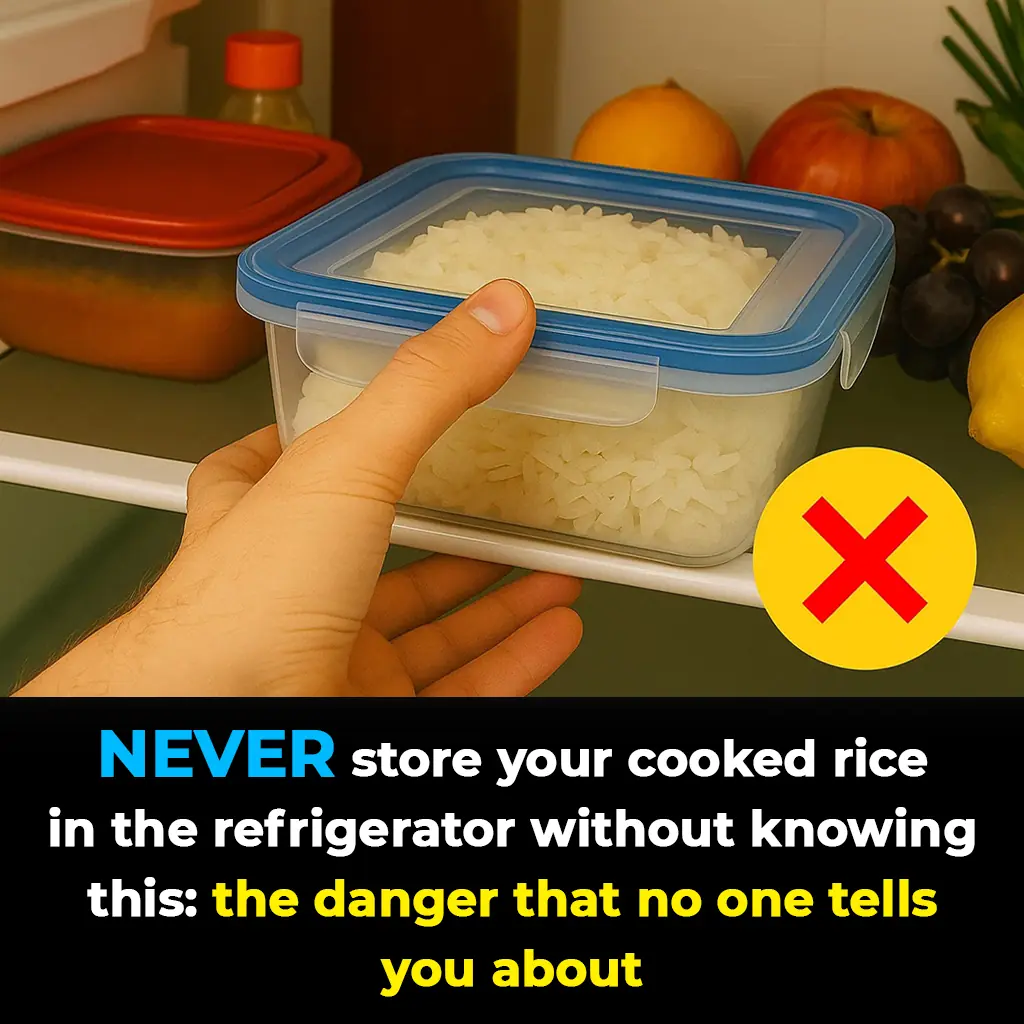
Never store your cooked rice without knowing this
Leftover rice may seem harmless, but if stored the wrong way, it can quickly become a breeding ground for dangerous bacteria. Experts warn that this common mistake, known as “fried rice syndrome,” can cause serious foodborne illness within hours.

Healing Power of Castor Leaves: Natural Benefits and Must-Know Safety Tips

Here’s Why You Shouldn’t Sleep With A Fan At Night
Sleeping with a fan might seem harmless — even comforting — but its hidden effects can chip away at your comfort and long-term sleep quality.

36-Year-Old Teacher D!es From Diabetes Caused by Common Foods, Experts Say
Diabetes is a serious health condition with long-term consequences if left unmanaged.

Finger Test For Lung Cancer Could Determine Cancer Risk
While finger clubbing itself is a symptom rather than a disease, adopting healthy lifestyle habits can help reduce the risk of underlying conditions that cause it.

The Ultimate Guide to Cloves: Benefits, Uses, and How They Work
Cloves aren’t just a fragrant kitchen spice — they’re a centuries-old natural remedy packed with healing power. From boosting immunity to easing pain, these tiny buds hold surprising benefits you can easily tap into at home.

What Are Eye Floaters? Here What To Do If you Start Seeing Them, According to an Eye Doctor

Many People Still Think That These 2 Buttons Are Just For Flushing

11 Reasons Why You Have Red Dots On Your Skin
